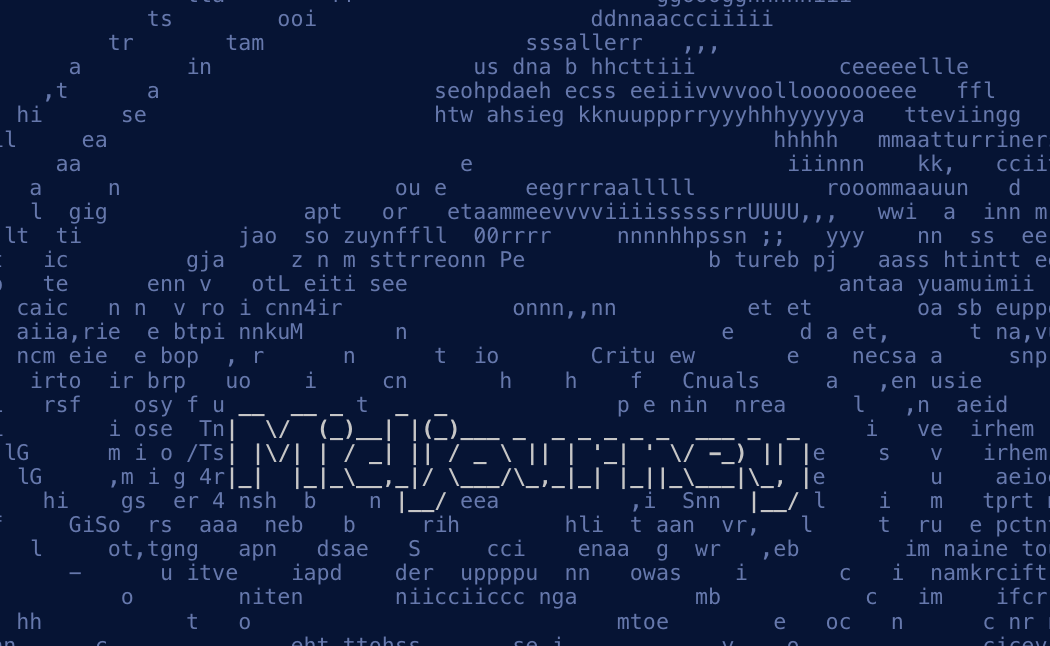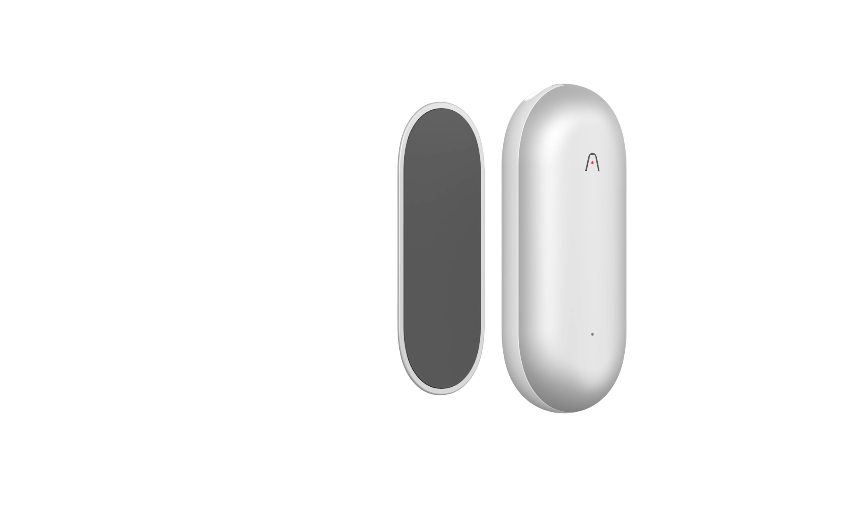
Welcome, AI Enthusiasts.
Midjourney, the AI image-generating platform generating over $200 million in revenue without VC investment, announced plans to enter the hardware space.
Plaud.AI has introduced the NotePin, a wearable AI-powered device designed for simple note-taking, focusing on text transcriptions of conversations using large language models.
In today’s issue:
🤖 MIDJOURNEY
🦾 PLAUD
🛠️ AI PRODUCTS
🥋 DOJO
🤖 QUICK BYTES
Read time: 6 minutes.
LATEST HIGHLIGHTS

Image source: Midjourney
To recap: Midjourney, the AI image-generating platform generating over $200 million in revenue without VC investment, announced plans to enter the hardware space. The company's new hardware team will be based in San Francisco, and the move may be linked to recent hires, including ex-Neuralink engineer Ahmad Abbas, who helped develop Apple's Vision Pro. Midjourney CEO David Holz, with a background in hardware from his time at Leap Motion, is leading the initiative. Despite ongoing legal challenges related to its AI training methods, Midjourney is continuing to develop AI models for video and 3D generation, which may connect to its hardware ambitions.
The details:
1. Midjourney, an AI image-generating platform, announced plans to enter the hardware market.
2. The company hired Ahmad Abbas, a former engineer at Neuralink who worked on Apple's Vision Pro.
3. Midjourney's CEO, David Holz, previously co-founded Leap Motion, a company known for motion-tracking peripherals.
Here is the key takeaway: Midjourney is strategically expanding beyond its successful AI image-generating platform into the hardware space, leveraging high-profile talent like Ahmad Abbas, who has experience with cutting-edge technologies such as Apple's Vision Pro. This move signals Midjourney's ambition to integrate AI with hardware, possibly pushing the boundaries of mixed reality or advanced input devices. It's a bold step that could redefine the company's role in both the AI and hardware markets, even as it navigates ongoing legal challenges related to its AI training methods.

Image source: Plaud AI
In Summary: Plaud.AI has introduced the NotePin, a wearable AI-powered device designed for simple note-taking, focusing on text transcriptions of conversations using large language models. Unlike previous lifelogging devices that emphasized streaming or images, NotePin aims to capture and organize spoken words from meetings or daily life, offering a more organic way to record ideas. While the product has yet to launch, it builds on the success of Plaud’s earlier device, the Plaud Note, which sold 200,000 units. The NotePin is priced at $169 and offers subscription plans for varying levels of transcription time.
Key points:
1. Plaud.AI has launched the NotePin, a wearable AI device focused on simple note-taking through text transcriptions of conversations.
2. The NotePin uses large language models to capture and organize spoken words from meetings, school, or daily life.
3. The device builds on the success of Plaud's earlier product, the Plaud Note, which sold 200,000 units.
4. NotePin is priced at $169, with a free plan offering 300 minutes of transcription per month, and a Pro Plan at $79 annually for 1,200 minutes and additional features.
Our thoughts: We find Plaud.AI's NotePin intriguing for several reasons:
1. Simplicity and Focus: The NotePin’s emphasis on straightforward note-taking through text transcriptions aligns with a growing trend toward simplifying tech products to enhance daily productivity. This approach contrasts with more complex devices and could appeal to users looking for a more streamlined solution.
2. AI Integration: Utilizing large language models for real-time text transcription highlights the device’s potential to leverage advanced AI for practical applications. This could make it a valuable tool for professionals who need to capture and manage spoken content efficiently.
3. Market Potential: Given the success of Plaud's previous product, the Note, the NotePin has a solid foundation to build upon. The incremental price increase and subscription model suggest a well-thought-out strategy to capture and retain users.
4. Early Buzz and Uncertainty: While the NotePin has generated interest, its success will depend on user experience and actual performance. The transition from preorders to widespread adoption will be a critical phase to watch.
Overall, the NotePin represents a promising evolution in wearable tech, combining AI with practical functionality to address specific user needs.
TRENDING TECHS
📈 GT Protocol Trading- Blockchain AI Execution Protocol
👩🏽💻 Codesphere- Deploy in less than 5s
🤖 ChainGPT- Unleash the power of Blockchain AI with ChainGPT
AI DOJO
AI-Powered Personal Assistant for Daily Life
1. Morning Routine Management:
- Smart Alarm: AI-powered personal assistants like Google Assistant or Amazon Alexa can wake you up at the optimal time based on your sleep cycle, taking into account factors like your sleep quality and schedule.
- Weather and Traffic Updates: Before you even get out of bed, the assistant provides a summary of the day’s weather and traffic conditions, helping you decide what to wear and whether to adjust your commute.
2. Task Organization and Scheduling:
- Calendar Management: AI can automatically schedule meetings, send reminders, and suggest the best times for events based on your preferences and past behaviors. For example, an AI assistant can reschedule appointments if it detects overlapping commitments or conflicts.
- To-Do Lists: AI tools can help prioritize tasks by analyzing deadlines, urgency, and your productivity patterns. They can also suggest the best times for you to tackle different tasks.
3. Daily Errands and Shopping:
- Smart Shopping Lists: AI can learn your shopping habits and automatically create and update shopping lists. It can even suggest items based on what’s running low or on special offer.
- Online Shopping: AI-driven recommendation engines on e-commerce platforms offer personalized product suggestions based on your browsing history and preferences.
4. Health and Fitness Monitoring:
- Wearable Devices: AI-powered wearables like smartwatches track your physical activity, monitor your heart rate, and provide insights into your overall health. They can offer personalized workout plans and dietary recommendations based on your fitness goals.
- Health Alerts: AI can detect anomalies in your health data and alert you to potential issues before they become serious, potentially advising you to see a healthcare professional.
5. Home Management:
- Smart Home Controls: AI integrates with smart home devices to manage lighting, heating, and security systems. For example, it can adjust the thermostat based on your preferences and schedule or turn off lights when no one is home.
- Energy Efficiency: AI can analyze your energy usage patterns and suggest ways to reduce consumption, potentially saving you money on utility bills.
6. Communication and Social Interaction:
- Email and Messaging: AI tools can sort your emails, prioritize important messages, and even draft responses based on your past communication style.
- Social Media: AI algorithms curate your social media feeds to show relevant content, help manage posts, and suggest new connections based on your interests.
7. Learning and Personal Growth:
- Language Learning: AI-powered apps like Duolingo use adaptive learning algorithms to tailor lessons to your skill level and learning pace.
- Skill Development: AI can recommend online courses and resources based on your career goals, previous learning activities, and industry trends.
8. Entertainment and Leisure:
- Content Recommendations: AI algorithms on streaming platforms suggest movies, music, or books based on your previous choices and preferences.
- Personalized Experiences: AI can tailor game difficulty levels or create custom workout routines for a more engaging and enjoyable experience.
### Benefits of AI in Daily Life:
- Increased Efficiency: Automates routine tasks, freeing up time for more meaningful activities.
- Enhanced Convenience: Provides personalized recommendations and reminders, simplifying decision-making.
- Improved Health: Monitors health metrics and provides actionable insights for better wellness management.
- Better Organization: Helps in managing schedules, tasks, and errands more effectively.
Overall, AI enhances daily life by streamlining tasks, providing personalized support, and integrating seamlessly into various aspects of personal and professional routines.
QUICK BYTES
Apple's latest developer betas for iOS 18.1, iPadOS 18.1, and macOS 15.1 Sequoia introduce a new feature called Clean Up, which allows users to remove objects from photos using AI. The technology generates a background to fill in the space left by the removed object, including handling shadows and reflections. Users can select objects with smart detection or manually circle and brush them away. This feature follows a similar tool, Magic Eraser, from Google Photos. Additionally, Apple’s Apple Intelligence features include writing tools, notification summaries, natural language search, and transcription services, currently available only in English in the U.S.
OpenAI is reportedly negotiating a new funding round at a valuation exceeding $100 billion, significantly up from its previous $86 billion valuation. Thrive Capital is expected to invest around $1 billion, with Microsoft also anticipated to participate. This funding, the largest since Microsoft’s nearly $10 billion investment in January 2023, will support OpenAI amid its high expenditures on AI training and staffing, despite its substantial revenue of over $3.4 billion and projected losses nearing $5 billion by year-end.
OpenAI’s Converge 2 accelerator program, which was announced in December 2023, has been unusually secretive. Unlike its predecessor, Converge I, which publicly announced its startups and investments, Converge 2 has remained shrouded in mystery with no public announcements or details about the participating startups. Despite numerous inquiries, OpenAI has not confirmed the program's occurrence or provided information about its cohorts. The silence contrasts with the first program’s typical public relations approach and raises questions about stringent non-disclosure agreements or internal policies. The program's benefits are rumored to include access to OpenAI’s researchers and unreleased model technology.
SPONSOR US
🦾 Get your product in front of AI enthusiasts
THAT’S A WRAP
